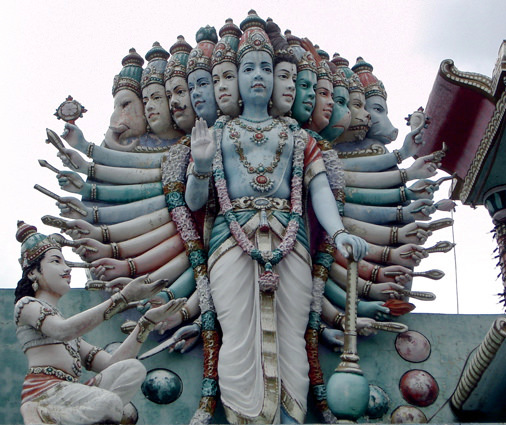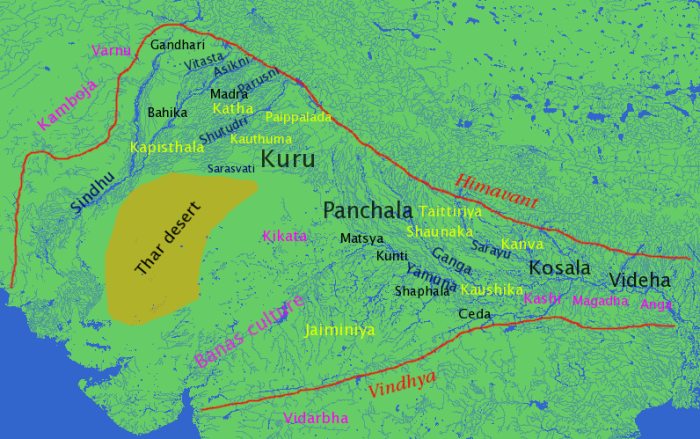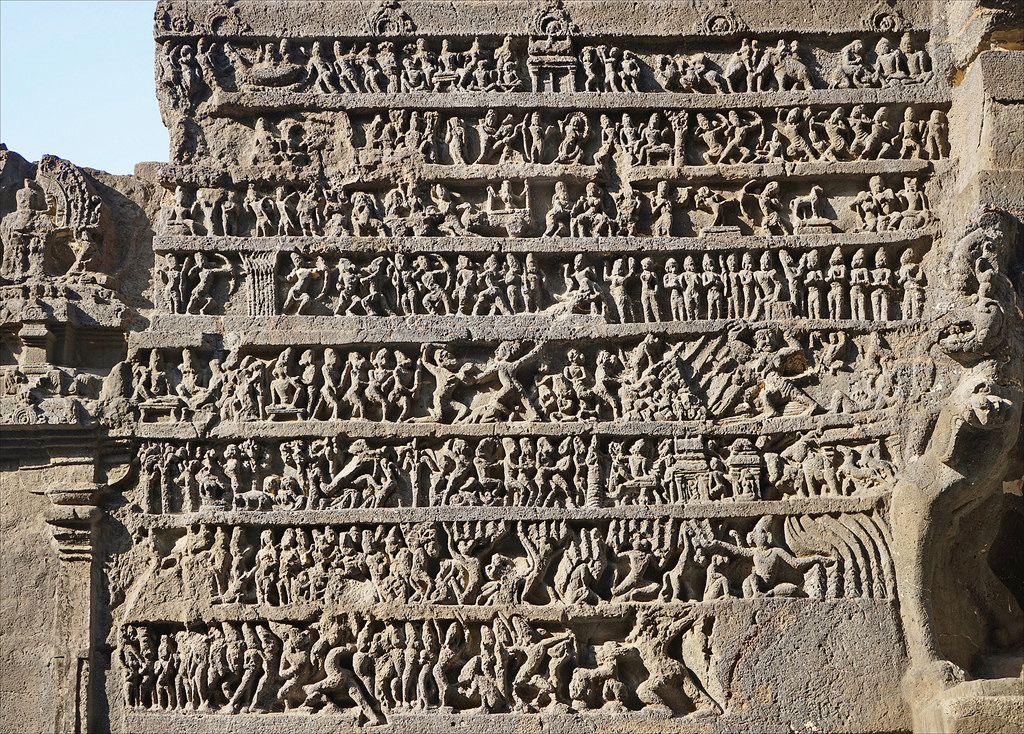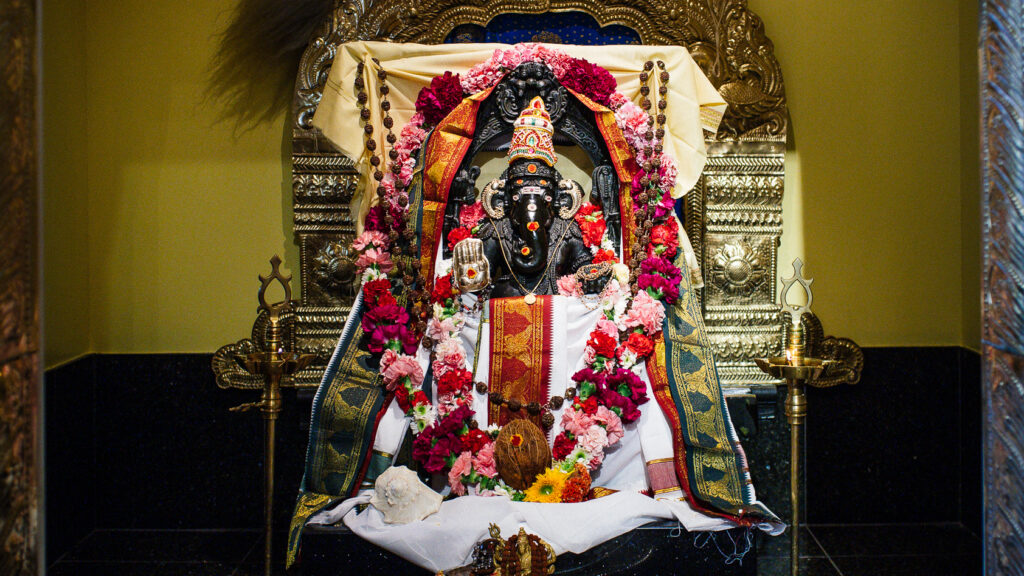Introduction
Hinduism, the world’s oldest religion, has a history that stretches back over 4,000 years. Understanding how did Hinduism begin is a fascinating exploration of ancient beliefs and traditions that continue to influence millions of lives today. For anyone over 40 looking to deepen their understanding of global religions, Hinduism offers a rich tapestry of stories, philosophies, and practices that are both ancient and timeless.
How Did Hinduism Begin: Early Origins and Development
Ambiguous Beginnings
Hinduism’s early origins are somewhat mysterious. Unlike other major religions, it doesn’t have a single founder or a clear starting point. Many Hindus believe their religion is as old as time itself, eternal and unchanging. This belief underscores the deep spiritual roots and traditions that have been passed down through generations.

Indus Valley Civilization
The earliest known origins of Hinduism trace back to the Indus Valley Civilization. This ancient culture practiced rituals such as ritual bathing, sacrifices, and goddess worship. These practices hint at the early forms of Hindu worship and the deep connection between spirituality and daily life.
How Did Hinduism Begin: Core Beliefs and Values
Fundamental Principles
Hinduism prescribes a set of core values that include honesty, non-violence, patience, self-restraint, virtue, and compassion. These principles are not just theoretical; they guide behavior and interactions with others in daily life.
Rituals and Practices
Hindu practices are diverse and include rituals such as worship, recitations, and meditation (dhyāna). These activities help individuals connect with the divine, seek inner peace, and cultivate a sense of community.
How Did Hinduism Begin: Historical Context and Key Texts
The Vedic Period
The Vedic Period is crucial in understanding how Hinduism began. It’s named after the four Vedas, which are considered timeless divine revelations. Composed in Sanskrit, the primary language of Hinduism, these texts lay the foundation for many Hindu beliefs and practices.

The Rig Veda
The Rig Veda is the oldest, largest, and arguably the most important Veda. It contains over a thousand poetic hymns dedicated to various gods and speculates on an interconnected universe. The concept of Brahman, a single unifying force behind the diverse cosmos, is introduced here.
How Did Hinduism Begin: Social Structure and Dharma
The Caste System
The Vedas introduced the caste system, which is one of Hinduism’s most significant contributions. According to a hymn in the Rig Veda, the four social classes of Hinduism originated from different parts of the creator god Brahma’s body. Priests (Brahmins) came from the mouth, nobles (Kshatriyas) from the arms, commoners (Vaishyas) from the thighs, and servants (Shudras) from the feet.
Dharma and Karma
The Manusmriti, regarded as the most authoritative book on Hindu law, elaborates on the concept of dharma. Dharma refers to the ethical duties and responsibilities that each individual must follow. Closely related is the concept of karma, which dictates that virtuous actions lead to positive outcomes, while negative actions result in undesirable consequences. These principles guide Hindus in their daily lives and across lifetimes through the belief in reincarnation.
How Did Hinduism Begin: Reincarnation and Karma
The Cycle of Life
Reincarnation is a key concept in Hinduism. According to Hindu beliefs, the soul is eternal and goes through a cycle of birth, death, and rebirth. Karma plays a crucial role in this cycle. Actions performed in one’s current life affect future lives, determining the circumstances into which one is reborn. This belief emphasizes the importance of living a virtuous life.
How Did Hinduism Begin: Epic Literature and Temples
Ramayana and Mahabharata
Hinduism’s rich literary tradition includes the epic poems “Ramayana” and “Mahabharata.” These texts elaborate on the deities and doctrines introduced in the Vedas and are partially based on historical events. They are not just stories but serve as moral and spiritual guides.

The First Temples
The first official Hindu temples were built during the Puranic period. These temples were dedicated to significant deities such as Vishnu, the protector, and Shiva, the destroyer. Temples became centers of worship, community, and cultural life, further solidifying Hindu practices.
How Did Hinduism Begin: Religious and Philosophical Reforms
The Rise of Buddhism
The fifth century was a time of significant religious and philosophical reform in India. Dissatisfaction with Hinduism’s ability to address people’s needs led to the development of new schools of thought, including Buddhism. Founded by Siddharta Gautama, a former Hindu prince, Buddhism rejected the caste system and Hindu rituals, offering a different path to spiritual enlightenment.
How Did Hinduism Begin: Historical Influences and Changes
Muslim Invasions and British Rule
The history of Hinduism was profoundly affected by external influences. Muslim invasions led to periods of conflict and adaptation. While some Islamic rulers were tolerant of Hindu practices, others prohibited the worship of Hindu deities and destroyed sacred temples.
British Colonialism
The British victory in 1757 marked the end of Muslim dominance in India. Initially, the British allowed Hindus to practice their religion freely. However, Western missionaries sought to convert Hindus to Christianity, leading to internal reform and rebellion within Hinduism. The British Raj further entrenched the caste system, making it more rigid and a part of their governance system.
Indian Nationalism
British colonialism also sparked a growing sense of Indian nationalism. This movement was closely tied to the concept of “Hindu-ness.” Leaders like Mahatma Gandhi drew upon Hindu traditions, such as pacifism and non-violence (ahimsa), to rally for Indian independence. Gandhi’s approach to peaceful resistance was deeply rooted in Hindu philosophy.
How Did Hinduism Begin: Modern Hinduism and Its Global Influence
Post-Independence India
After gaining independence, India was divided into Hindu-majority India and Muslim-majority Pakistan. The Indian constitution prohibited caste-based discrimination, although some social traditions persist. Today, Hinduism remains a major force in Indian society and culture.
Influence on Western Culture
Hinduism has also had a significant impact on Western culture. From the Beatles’ fascination with Transcendental Meditation in the 1960s to the widespread practice of yoga today, Hindu spiritual practices have found a global audience. These practices offer tools for personal growth, mental health, and physical well-being.
Conclusion
Understanding how Hinduism began provides a window into one of the world’s most enduring and influential religions. Its rich history, core beliefs, and practices offer valuable insights into human spirituality and cultural development. For those over 40, exploring Hinduism can be a rewarding journey, deepening one’s appreciation for the diverse tapestry of global religious traditions. Whether through meditation, yoga, or simply learning about its profound philosophies, Hinduism continues to inspire and guide millions around the world.
Recommended Products
Unravelling the Mysteries of Hinduism Book

Are You Interested in These Topics?
- Read more about Truth Exposed: Eating Pork According To The Bible
- Discover Santa Barbara California Tourist Destinations
- Learn about How Gardening Transforms Your Mental Well-Being


